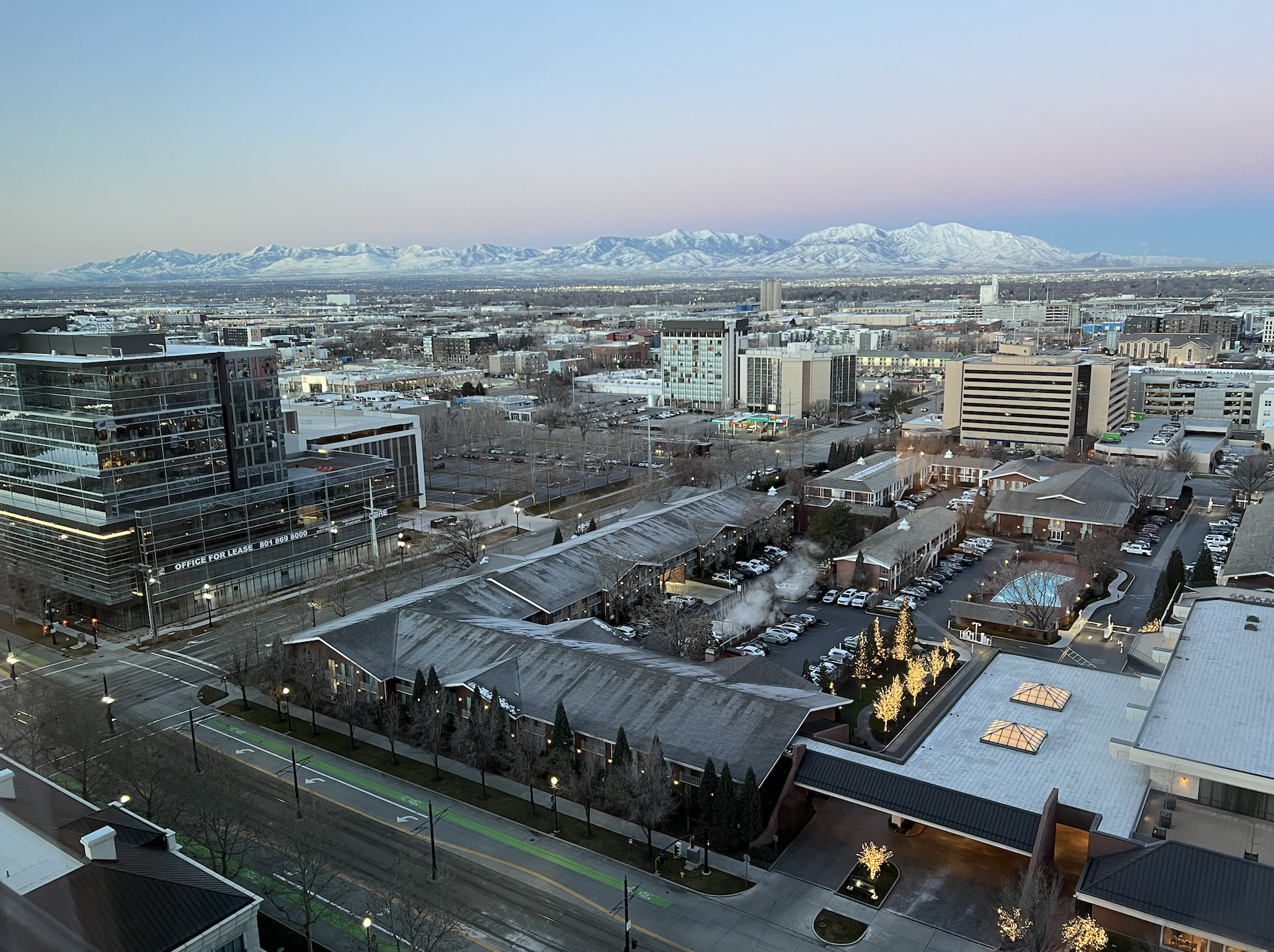In the last three months I’ve connected with a few people and resources focussed on homelessness. It is compelling to me as an issue. NOT so much from the perspective of how to get all people into homes, though that feels important at some level in connection to basic needs, healthy, safety, and community. It is particularly interesting to me when exploring the underlaying assumption of what a home is and what it provides. Less about boxing all people into a kind of American Dream. More about reexamining the premises of wealth, growth, haves vs have nots, and an economic paradigm that feels increasingly tenuous.
Teresa Posakony and I joined with friends / colleagues Paul Horton and Faith Trimble for events in Olympia, Washington. There is an important harvest document about those multi-stakeholder gatherings here. I loved it that participants at the event that I was part of were able and willing to speak honestly about key questions and issues. From a more traditional business side, next to a park where many homeless people were abiding, issues of having public toilets. From other community organizers, challenges to the assumption that homeless people want homes.
From those gatherings, these particular agreements emerged:
Be willing to ask courageous questions
Create “meeting” spaces of co-learning and honest inquiry – where we can ask courageous questions without fear of retribution. Show up curious – be willing to be wrong and open to learn.
Show respect even when it’s hard.
Respect the speaker and the listener. Listen to understand, not to respond. As a speaker, keep storytelling/info-sharing relevant and succinct. Find common points of agreement and concern.
Stay present and accept what “is”
“Allow” honesty, trust and authenticity to come into our meetings, encouraging people to share their truth, honest appraisal of the situation and their dreams. – try to temper our “agendas”
Work together
We have duplication of services and different sandboxes in the same playground. See what’s happening, and together see how to create a healthier ecosystem.
Acknowledge when our fears are paper tigers
We recognize scarcity can bread contempt – and choose to step back from that dynamic. We recognize we touch on survival level issues and it’s easy to go into “fight or flight” – Thus we pause now and then to gather our thoughts and refocus compassionately and creatively on our efforts to build a resilient community.
Really imagine the community we want to live in
Be proud of who we are and all we’ve accomplished. Work toward success for our local businesses (healthy economy) and solutions that build a vibrant, welcoming, safe, and pro-social (inclusive) downtown culture. Improving the homelessness system is part of this effort.
Tom Atlee of The Co-Intelligence Institute recently recommended book to me that I’m about to start. Tent City Urbanism: From Self-Organized Camps to Tiny House Villages, by Andrew Heben. I’m looking forward to digging in to this.
More to come.
